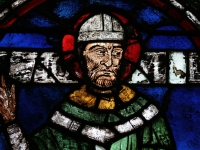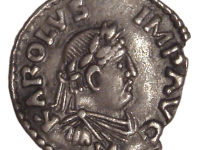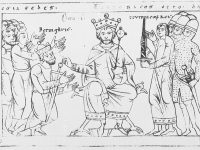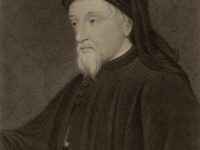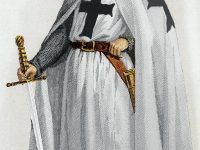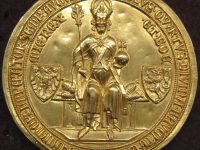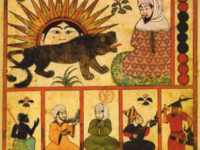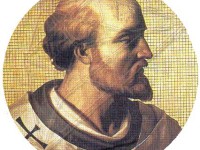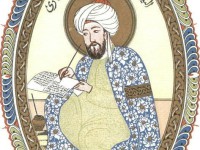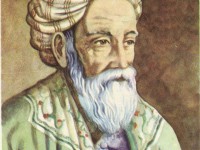The Assassination of Thomas Becket
On December 29, 1170 AD, Thomas Becket, Archbishop of Canterbury, who engaged in conflict with Henry II of England over the rights and privileges of the Church, was assassinated by followers of the King in Canterbury Cathedral. The very last hours of Thomas Becket’s life are the reason why we remember him at all. If the four knights sent for his assassination had not completed their bloody work as he defied their…
Read more

